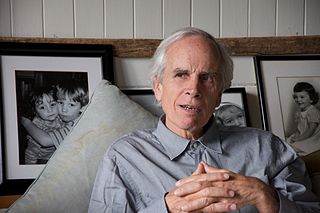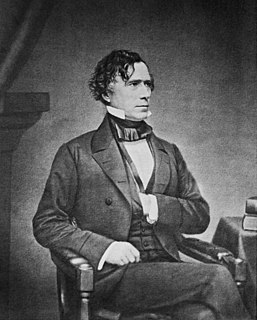A Quote by Murray Rothbard
Private philanthropy is the direct expression of the great Christian principle of the brotherhood of man and the Golden Rule. Private philanthropy indeed is the only valid expression of these ethical principles; compulsory charity through 'social legislation' is the exact contrary: it is the evil imposition of force by one group on another.
Quote Topics
Another
Brotherhood
Brotherhood Of Man
Charity
Christian
Compulsory
Contrary
Direct
Ethical
Ethical Principles
Evil
Exact
Expression
Force
Golden
Golden Rule
Great
Great Christian
Group
Imposition
Indeed
Legislation
Man
Only
Philanthropy
Principle
Principles
Private
Rule
Social
The Golden Rule
Through
Valid
Related Quotes
The great masquerade of evil has played havoc with all our ethical concepts. For evil to appear disguised as light, charity, historical necessity, or social justice is quite bewildering to anyone brought up on our traditional ethical concepts, while for the Christian who bases his life on the Bible, it merely confirms the fundamental wickedness of evil.
I think philanthropy is also growing and catching on. Figuring out how the philanthropy sector, which is quite small compared to the private sector, which is the biggest by far, and then the governments, you know, even in these poor countries over time has to take on these key responsibilities. How does philanthropy accelerate that? Drive the kind of innovations, make sure they get used well. So it plays this kind of special role.
The remedy for most marital stress is not in divorce. It is in repentance and forgiveness, in sincere expressions of charity and service. It is not in separation. It is in simple integrity that leads a man and a woman to square up their shoulders and meet their obligations. It is found in the Golden Rule, a time-honored principle that should first and foremost find expression in marriage.
Aside from higher considerations, charity often operates as a vastly wise and prudent principle-a great safeguard to its possessor. Men have committed murder for jealousy's sake, and anger's sake, and hatred's sake, and selfishness' sake, and spiritual pride's sake; but no man that ever I heard of, ever committed a diabolical murder for sweet charity's sake. Mere self-interest, then, if no better motive can be enlisted, should, especially with high-tempered men, prompt all beings to charity and philanthropy.
If you don't encourage healthy sexual expression in public, you get unhealthy sexual expression in private. If you attempt to suppress sex in books, magazines, movies and even everyday conversation, you aren't helping to make sex more private, just more hidden. You're keeping sex in the dark. What we've tried to do is turn on the lights.
There are three lessons in philanthropy - one, involve the family, especially the spouse. She can be a remarkable driver of your initiative. Two, you need to build an institution, and you need to scale it up. Choose a leader for philanthropy whom you trust. Three, philanthropy needs patience, tenacity and time.
The constitutionality and propriety of the Federal Government assuming to enter into a novel and vast field of legislation, namely, that of providing for the care and support of all those ... who by any form of calamity become fit objects of public philanthropy. ... I cannot find any authority in the Constitution for making the Federal Government the great almoner of public charity throughout the United States. To do so would, in my judgment, be contrary to the letter and spirit of the Constitution and subversive of the whole theory upon which the Union of these States is founded.




































